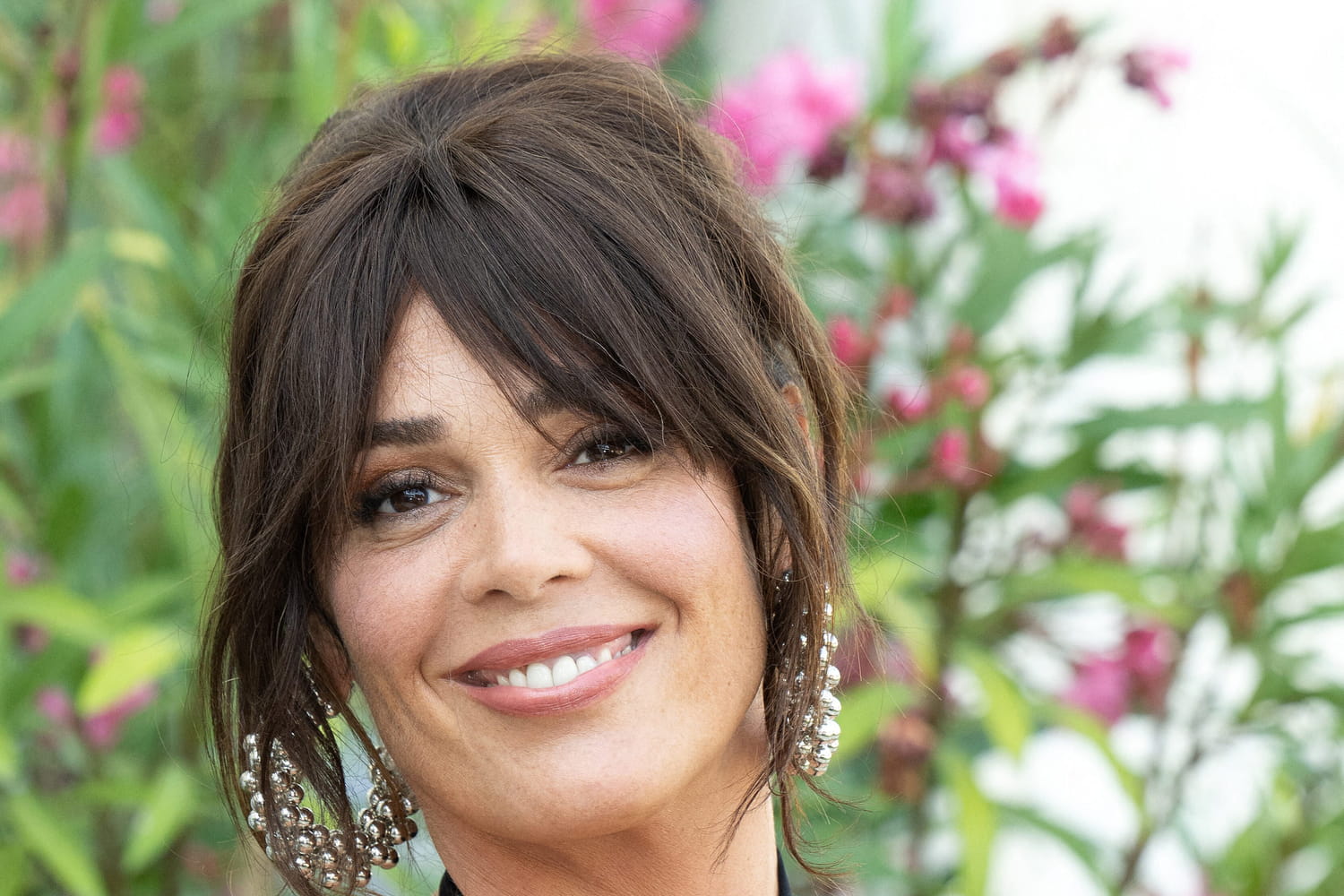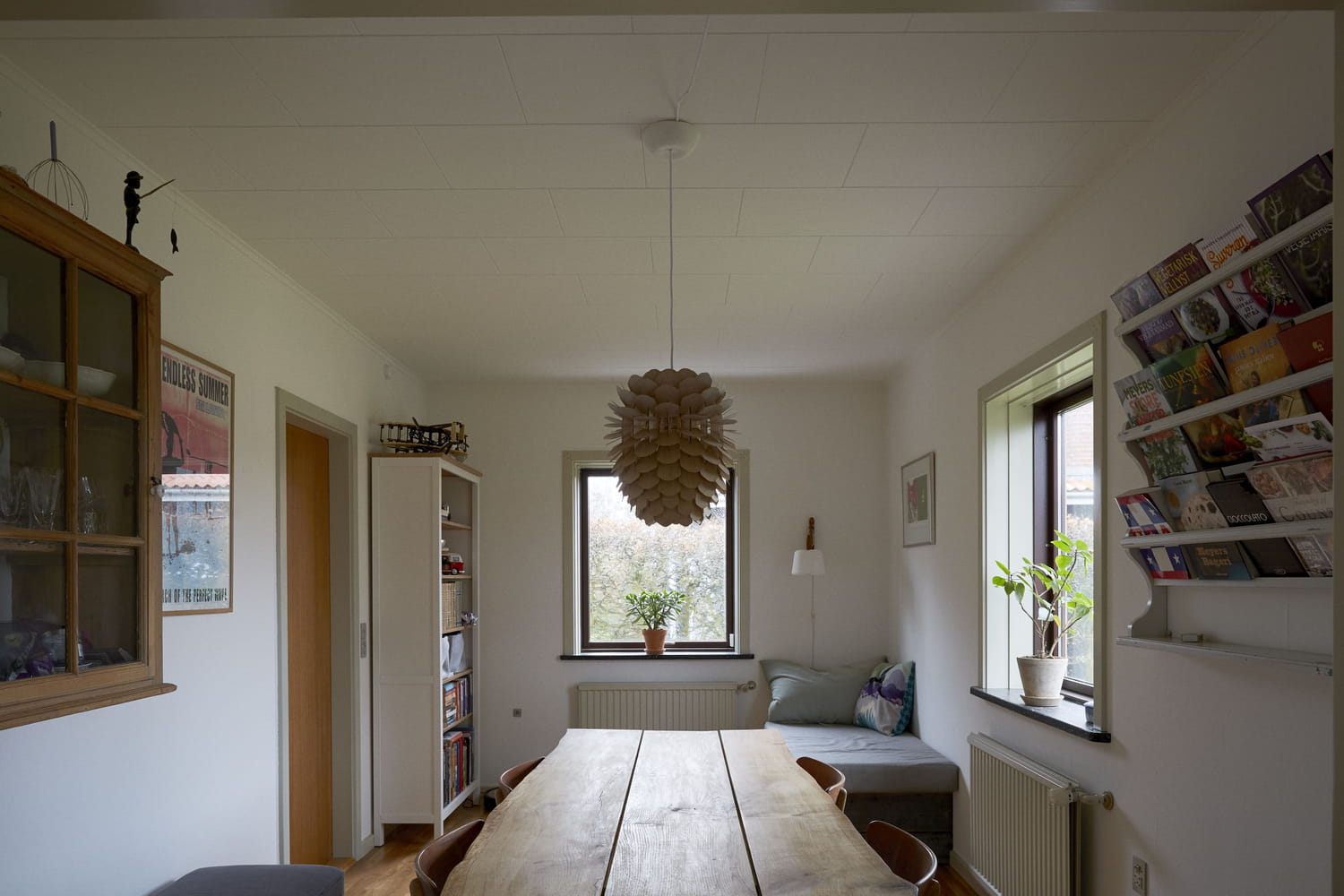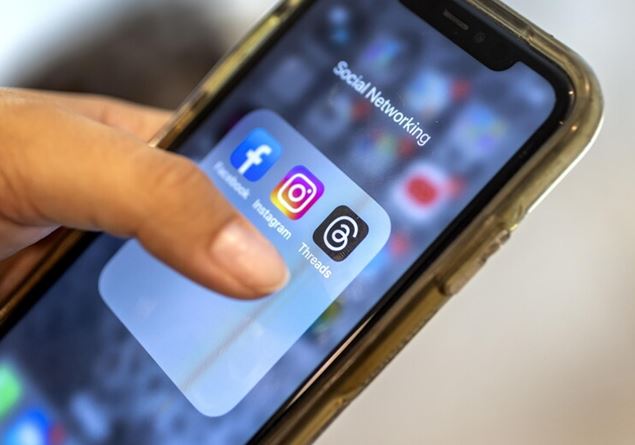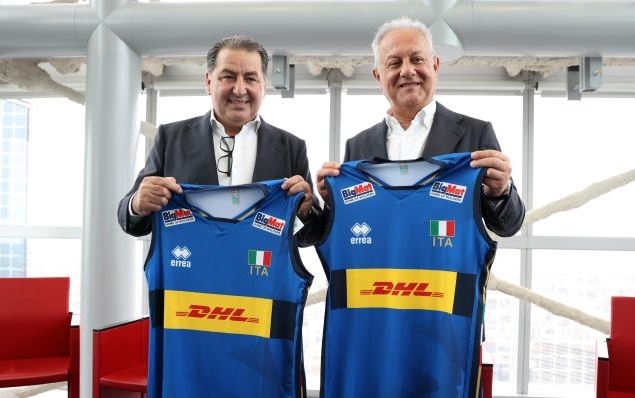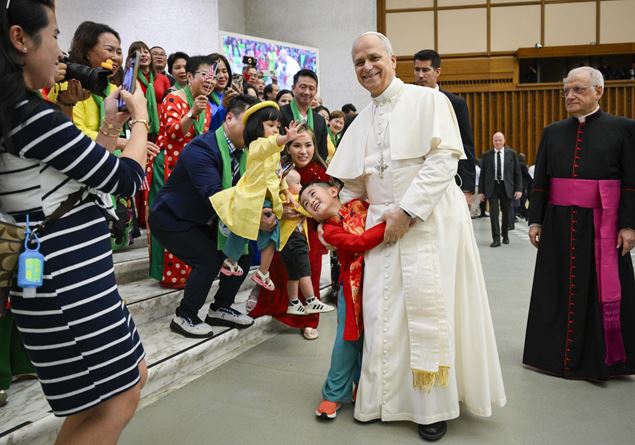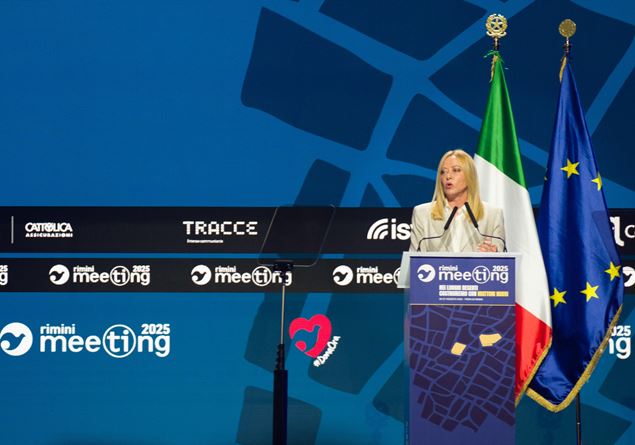Curated by Fondazione Carolina
“Small space, advertising”. Never verse was more fitting to describe how the concept of spot has changed radically, starting from that summer of 1982 cadenced by Vasco Rossi’s catchphrase. From newspapers to TV, from teleshopping to telemarketing. It seems another world compared to users’ prophylations, at the database bought by companies with the aim of reaching their commercial target with the highest possible precision. The mechanism is precisely this: if we are looking for on the search engines of the curtains, for many hours to come on our social networks and advertising messages arrive in the curtains and furnishings for the summer. Are we surrounded? No, more simply we have accepted during the registration with sites, services or by purchasing products, that our data are available to these marketing agencies. The same happens for the images, the ones we post and share every day, even on WhatsApp. The most popular messaging service in the world seemed like a happy island. Thousands of messages, smileys and hearts, photos and videos to exchange with friends, relatives and colleagues. All for free? Not even for dream! Because all that information, which we believe are kindly granted, are actually highly weighed, precisely by virtue of the sale of the right of use of the data and videos included) published and sent through the WhatsApp app. Therefore, there is nothing clarified, there is nothing, the entry of advertising on the most widespread messaging service tells much more about what one might think. Meanwhile, because advertising, at least for now, does not include traditional WhatsApp chats or groups (and Meta said it will not launch advertising in the EU before 2026). The novelty concerns the status, or those images or cover videos that we associate with our profile. Material visible to all those who are in possession of our phone number. A bit like it happens with the good old Facebook, rather than on the Instagram or YouTube Reels. It is no coincidence that WhatsApp opens more and more to public companies and channels, neither more nor less than what happens in traditional social networks. And this is the point: WhatsApp is no longer a simple chat, but it has become a real social network, where our profile acts and interacts in an increasingly open context and, on the other hand, exposed. Digital communication, sooner or later, presents us with the account. If we agree to be part of this Big Brother, we cannot exempt ourselves from undergoing his rules. So what? What to do? We decide how much and how to get involved, but if each of us is entitled to manage as best he believes his privacy, when it comes to photos, data or filming that concern minors, whom we are children, grandchildren, students or students, the stakes increases. How long are we willing to put on the dish of online communication to satisfy our need to be seen, appreciated and shared? Without this exercise, the safety and digital well -being of minors will always be in the background. A film already seen, with or without advertising.
